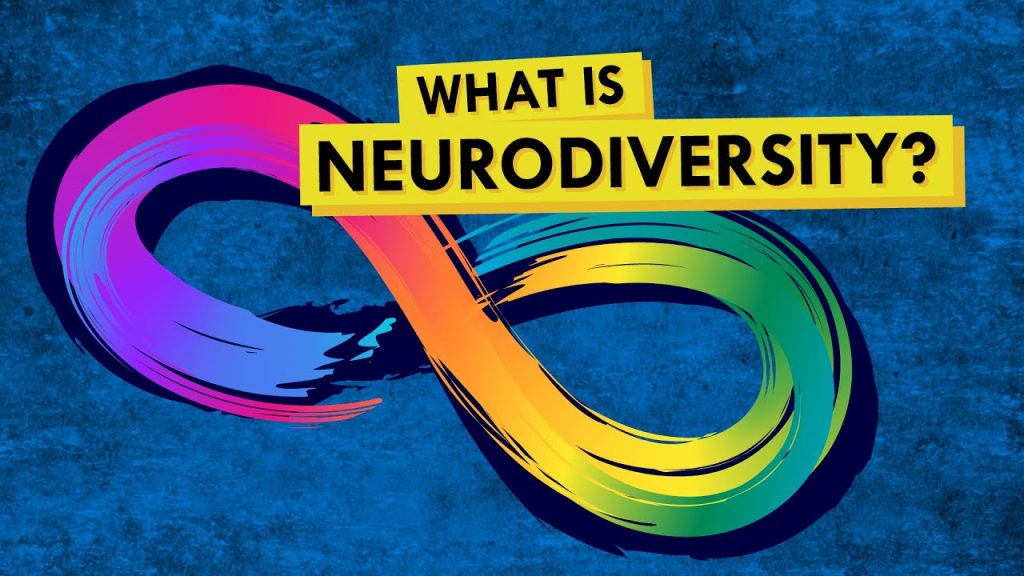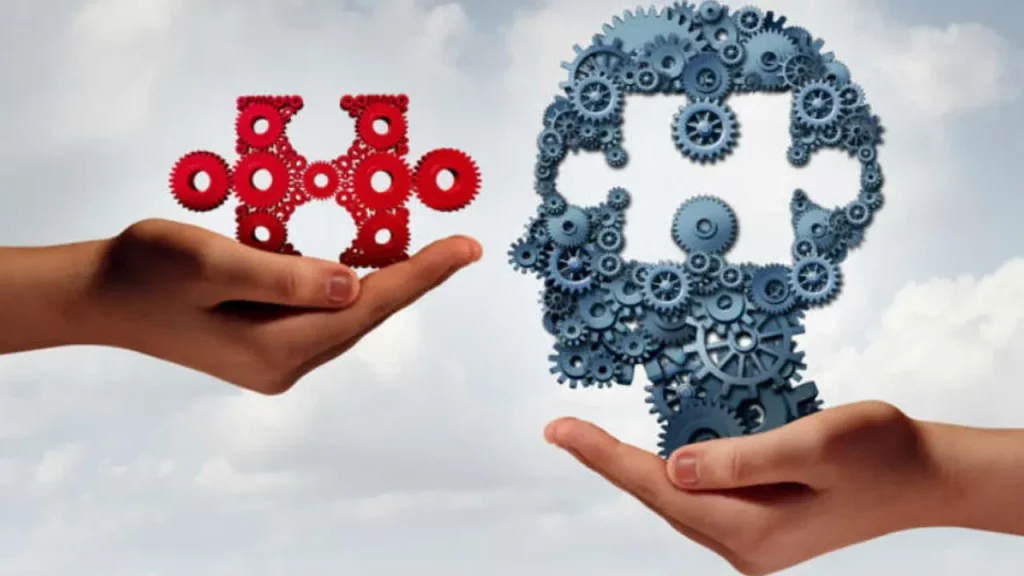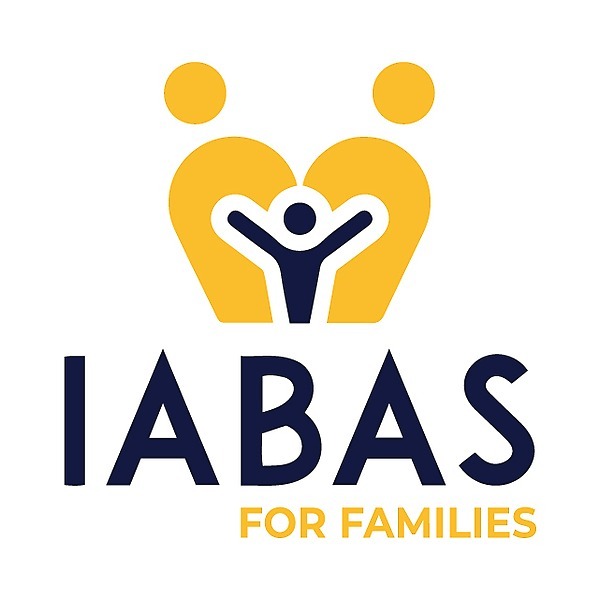Let's Talk About Neurodiversity
Neurodiversity refers to the natural variation in the human brain and central nervous system. Just as we celebrate the diversity of cultures, races, and abilities, it is essential to recognize and value the diversity of neurological differences. These differences, often referred to as conditions such as autism, ADHD, dyslexia, and others, are a natural part of the human experience and should be accepted and respected.
The Importance of Addressing Neurodiversity


Importance of Neurodiversity At IABAS for Families
At IABAS for Families, we understand that it is essential to acknowledge that neurodiversity is crucial in providing effective ABA therapy.
At IABAS for families, we strongly believe in the importance of addressing neurodiversity. This approach allows us to show respect for individual differences by recognizing and valuing each person’s unique strengths and challenges. In addition, our clinicians are dedicated to promoting inclusiveness and understanding, which helps to ensure that each individual we work with is treated with dignity and respect.
We believe, considering neurodiversity is critical to providing effective therapy. By taking into account each individual's unique neurological profile, we can create customized treatment programs specifically designed to meet their needs. This personalized approach ensures that our clients receive the support they need to achieve their goals and reach their full potential.
At IABAS for Families, we advocate for an approach to ABA therapy that is inclusive and supportive of neurodiversity. By fostering an environment that embraces and values individuals with neurological differences, we aim to create a positive and uplifting therapy experience. Our neurodiverse-friendly model promotes inclusiveness and helps individuals feel valued, heard, and understood.
Selecting Socially Significant Goals
Meaningful Therapy:
By focusing on socially significant goals, ABA therapy becomes more relevant and meaningful to the child. These goals include improving communication skills, increasing independence, and reducing challenging behaviors. By addressing these areas, neurodiverse children can develop the skills they need to participate successfully in everyday life.
Understanding the Child's Motivation:
At IABAS for Families, we understand that children with neurodiverse conditions may respond differently to different rewards and reinforcement systems. That's why selecting meaningful and relevant goals is crucial in making therapy more engaging and motivating for these children. By doing so, we aim to improve their progress and outcomes.
Promoting Inclusiveness for All:
At IABAS for Families, our approach to ABA therapy focuses on promoting inclusiveness and helping neurodiverse children feel valued and understood.
One key aspect of this approach is selecting goals that align with the child's interests and abilities. We aim to create a positive and supportive environment where children feel valued and understood by tailoring therapy to each child's unique neurological profile and interests. This personalized therapy approach helps foster a sense of inclusiveness and helps children feel that their strengths and abilities are recognized and appreciated.
Promoting Independence:
At IABAS for Families, our goal is to help neurodiverse children lead more fulfilling and self-sufficient lives through ABA therapy. To achieve this, we focus on goals that increase independence and help children develop essential skills.
Some examples of these goals include improving daily living skills, enhancing social skills, and increasing self-care abilities. These goals are selected to align with the child's strengths and abilities and are tailored to meet each child's unique needs.
Our approach to ABA therapy is designed to empower neurodiverse children to achieve greater independence, confidence, and self-sufficiency. By focusing on goals that increase independence, we aim to help children develop the skills they need to lead more fulfilling lives.
Improving Clinical Outcomes:
At IABAS for Families, we understand that selecting socially significant goals for ABA therapy is crucial in helping neurodiverse children achieve improved outcomes. By focusing on meaningful and relevant goals for each child, we aim to promote positive change and enhance each child's overall quality of life. This approach's benefits include increased social and communication skills, reduced challenging behaviors, and enhanced independence.
